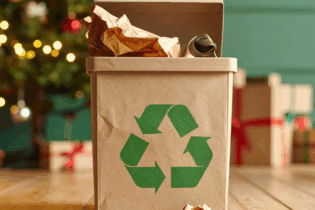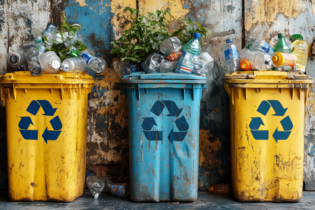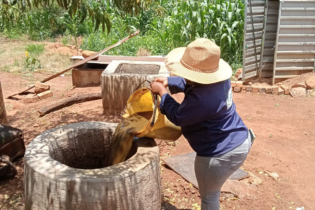The European Food Safety Authority (EFSA) panel on food contact materials, enzymes, flavourings and processing aids has issued scientific opinion on the safety of the “ExtruPET” recycling process, which is based on trademarked Starlinger IV+ technology, used to recycle post-consumer Polyethylene terephthalate (PET) into food contact materials. PET plastics are some of the most commonly used in consumer goods the world over.
“The EFSA Panel concluded that the recycled PET, obtained from this process, intended to be used up to 100 % for the manufacture of materials and articles for contact with all types of foodstuffs for long-term storage at room temperature, with or without hotfill, is not considered of safety concern,” reports Chandru Wadhwani, joint managing director of Africa-based recycler Extrupet. Closing the loop The “ExtruPET” recycling process is in operation at Extrupet’s 3000 square metre PhoenixPET Bottle-2-Bottle recycling plant in Wadeville, Germiston. Opened earlier this year, by the Minister of Environmental Affairs, Edna Molewa, the plant is the first on the continent to use a Coca-Cola-approved technology for carbonated soft drink bottles – enabling the closure of the loop in the biggest sector in the beverage market.Extrupet were originally requested by local grocery chain Woolworths to get a scientific opinion from EFSA earlier this year and Kiril Dimitrov, of Woolworths’ central food technology department lauds the achievement saying: “We have a world-class operation to be proud of in South Africa, delivering a compliant product to the highest level, managed by one of the best food safety systems in the world and lead by a great and dedicated team.”
Plastics industry support Dimitrov’s sentiment is echoed by Cheri Scholtz, CEO of PET recycling body PETCO, who adds that the plant will supply an additional 14 000 tonnes of PET resin per year to the PET packaging industry. It will eventually divert an additional 22 000 tonnes of post-consumer PET bottles from landfills each year, reducing resource consumption, creating jobs and assisting industry in meeting PETCO’s target of a 50% recycling rate for 2015.






